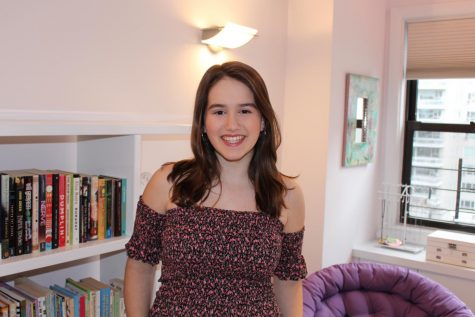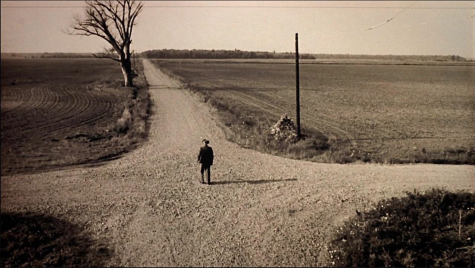Dos and Don’ts to Choosing IB Courses
Choosing IB courses can be extremely difficult and pretty scary sometimes, but it doesn’t have to be. These are the classes you’re going to be taking for the next two years, so it’s important to make sure you are choosing your courses for the right reasons. But what exactly does that mean? The process will be different for each person, but hopefully this article will clear up any uncertainties about how to choose IB courses.
First of all, in case you don’t know, at UNIS, higher level classes meet 4 times a week and standard classes meet 3 times a week. You will spend a lot of time in every class, but especially higher classes, so truly liking your classes will make T3 and T4 a lot more enjoyable. Each IB Diploma student must take 3 higher level classes and 3 standard level classes. These must include one Language A course, a Language B course, “Individual and Societies”, which is similar to a humanities course, a science, and a math class. In addition to these courses, students may take various arts classes or a second science, humanities, or language B class.
In my experience, it is most difficult to decide on humanities and science courses as well as choosing your elective. For example, most T2 students don’t fully know what each humanities course entails and what makes them unique. In order to learn more about any class, I recommend talking to a current IB student about their class. If given the opportunity, it would be very beneficial to sit in on an IB class you are thinking about to get a better idea of whether you would enjoy spending two years in that class.
Are you worried about the difficulty of certain classes? That is perfectly normal, but don’t worry too much. While it can be wise to take into account your current grades in a class, there is much more to the selection process than just that. If you believe you will prefer one class to another, even if you are achieving lower grades, it may improve your IB experience to take the class you will enjoy more. With more passion for a subject, you are more likely to be willing to try harder and ultimately will probably be able to achieve the same grades as you would have in the other class.
Many students wonder about what teacher they will have in a certain class. If you’ve had a teacher in the past and particularly liked them or really didn’t, knowing what IB classes they teach may influence your decision, even if it is a subconscious thought. However, IB classes are driven by much more than the teacher you have. Other students, independent research, and group work play a huge role in IB classes, so it does not make sense to avoid a class because of a potential teacher. Also, all UNIS faculty are skilled in what they teach, so you will not be harmed if you have a teacher who you were not hoping for.
What about considering your friends and their classes? In as few words as possible—don’t. To elaborate, IB classes should be chosen based on the content, learning style, and future assignments, not who your classmates will be. If you have classes with friends, it may be fun, but it also could distract you. In any class, you will make friends and learn to enjoy the class even if your best friends aren’t right beside you. It can be exciting to discuss class choices with friends, but make sure that your friends’ opinions and classes don’t influence your decision too heavily.
Finally, the most important pieces of advice I can provide; don’t be afraid to ask questions or change your mind. Talk to current IB students, IB graduates, UNIS faculty, and anyone else who knows about the IB when making decisions. No question is unnecessary, and the more you know about your future classes, the more likely you are to enjoy them. Also, you choose courses roughly halfway through T2, which is still at least 6 months before you will commence your IB experience. Because of this, you may realize you want to change a course you selected. Don’t be afraid to do this; talk to your counselor or IB coordinator about what would be best for you and don’t think changing your mind is a problem. Even after starting the course, if you attend one or two classes and strongly dislike them, it is not too late to change. Missing a few classes at the beginning of the year is not nearly as bad as being stuck in a class you don’t enjoy. Of course, don’t go crazy with switching courses and change too many times, but a bit of hesitation or change is totally okay! Overall, try to choose classes that you feel you will be happy in for two years and classes that will get you excited about starting the IB Program!









